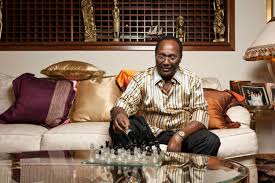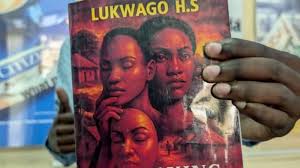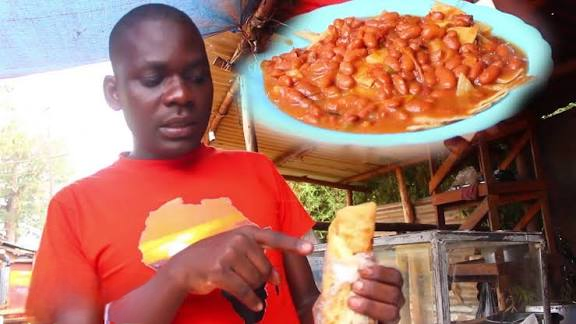Chris Kirubi’s life reads like a movie script — a story of grit, vision, and determination. Born in 1941 into a poor family in Kenya, young Kirubi’s childhood was marked by hunger, hardship, and heartbreak.
His parents struggled to provide for their children, and when both died within months of each other, life took a cruel turn.
Left an orphan at an early age, Kirubi suddenly had to grow up fast. As the eldest child, he took responsibility for his siblings. He worked odd jobs — cleaning, repairing, and helping wherever he could — just to earn a few coins for food and school fees.
But even then, he carried one thing that poverty couldn’t take away — hope.
Working His Way Up
After years of hard work, Kirubi completed school and landed his first job at Shell, one of the world’s biggest oil companies. His work was far from glamorous — he sold and fixed gas cylinders — but he learned discipline, customer service, and the basics of business.
Later, he joined Kenatco, a government-owned transport company, as an administrator. This was the turning point. Kirubi saved every shilling he could, dreaming of one day becoming his own boss.
The Leap Into Business
In 1971, using his savings, Kirubi bought a run-down property in Nairobi. He repaired it, sold it at a profit, and discovered his golden path — real estate.
He began buying old buildings, renovating them, and selling or renting them for profit. What others saw as trash, Kirubi saw as treasure.
His success grew rapidly, and soon he founded International House Limited (IHL), a company that went on to own and manage over 40 residential and commercial buildings, including the iconic International House in Nairobi and the Two Rivers Mall.
His investments, now worth hundreds of millions of dollars, became the foundation of his empire.
Building an Empire beyond Real Estate
Real estate was just the beginning. Kirubi’s sharp business mind led him into manufacturing, media, and finance.
In 1998, he bought Haco Industries, then a small distributor of imported products, and transformed it into a major manufacturer of household and personal care goods.
He later formed a joint venture with South Africa’s Tiger Brands, creating Haco Tiger Brands, one of East Africa’s most successful consumer goods companies.
Not stopping there, he acquired Capital FM, a struggling radio station, in 2008. He revived it into one of Kenya’s most popular stations, known for its vibrant youth culture and entertainment. Kirubi even hosted a weekly radio show himself, charming listeners with his humor and business advice.
A Diverse Business Portfolio
Kirubi’s business interests spread across multiple sectors. He became a major shareholder in Centum Investments, held stakes in DHL Express Kenya, UAP Provincial Insurance, Nairobi Bottlers, and Safaricom.
He was often described as “Kenya’s Warren Buffett” — bold, visionary, and unafraid to take risks. His estimated fortune reached over USD 300 million, making him one of Kenya’s richest men.
A Mentor and Philanthropist
Beyond wealth, Kirubi was passionate about mentoring young Africans. He was active on social media, especially Twitter, where he inspired over a million followers with motivational messages and business tips.
He believed that success was not about luck, but about courage and consistency. “Start small,” he often said, “but think big. If you wait for the perfect time, you’ll wait forever.”
Kirubi also supported education and youth entrepreneurship programs across Kenya, helping others rise as he did.
Challenges and Legacy
Not all his ventures succeeded. Some, like a failed paint business, ended in losses. He also faced criticism during his career, including controversies surrounding the collapse of the Uchumi supermarket chain. But through it all, he remained focused, resilient, and determined to rebuild stronger.
When he passed away in 2021 after a battle with cancer, Kenya mourned not just a tycoon but a self-made hero — a man who proved that one can rise from nothing to greatness through hard work and belief.
From Poverty to Power
Chris Kirubi’s life reminds us that poverty is not destiny. It is a starting point. From an orphaned boy who once went hungry to a billionaire businessman who built companies, created jobs, and inspired a generation — his story is a beacon of hope for Africa’s dreamers and doers.
He lived boldly, built fearlessly, and left behind a legacy that will continue to shape Kenya’s business landscape for decades to come.



